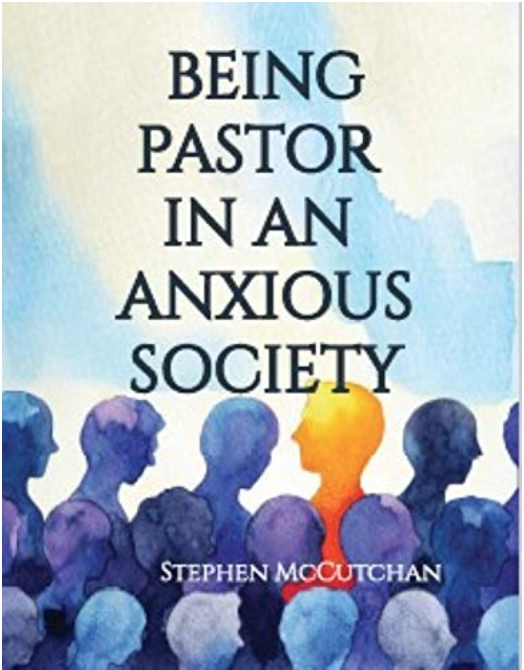THE NOBILITY OF GOD’S CALL
Now look at God’s call from God’s perspective. Again, I’m going to ask you to make a list. Step aside from your personal situation and try to write several statements about what it means to be called by God. I’ll provide several that I can think of and then you try to write out several of your own.
To be called by God means:
- To feel a genuine connection between your life and God’s purpose.
- To sense that your work, even that which seems insignificant, is part of something larger than yourself.
- To believe God can work through you to bring God back into the lives of others.
- To help others find meaning in their personal lives.
- To be an advocate for God’s justice, love, and mercy.
Now it’s your turn. Stretch yourself to write at least five more. Look at our combined list and note how it feels to be part of being called by God.
Yes, some of these statements are very visionary. However, consider how it affects your daily work to be pulled forward by such a vision. Love, justice, and mercy may seem like very distant abstractions when you are responding to a parent who doesn’t think the Sunday School is entertaining enough to appeal to her child. Yet, is there a way to invite that person to consider God’s purpose in his or her family matrix.
LIVING IN THE QUESTION
Basil Pennington, in his book, Living in the Question, suggests that the conditions and challenges that shake us out of our comfort zone can be rich opportunities for us to listen more deeply to God. The very questions that occur to you about God’s call may be an opportunity to probe more deeply your understanding of what God is saying to you. If you reflect on the disciples, it is clear that God has a penchant for working with very ordinary people to accomplish Godly intentions. Accept as an assumption that God knows who you are, what your strengths and weaknesses are, and the context in which you are exercising your ministry. Take either a pen and paper or your computer and write for fifteen minutes a dialogue between you and God in which God explains to you what the possibilities are in your ministry. You may want to begin your part of the dialogue by resisting God’s reasons—after all, that is what Moses did. Then watch the exchange unfold.
There is more to examining God’s call in your life, but this is a good beginning.

































